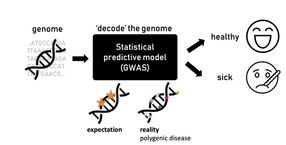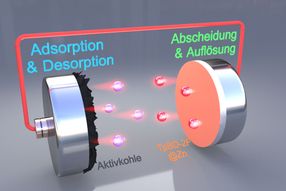PRAC recommends suspending marketing authorisations for infusion solutions containing hydroxyethyl-starch
The EMA’s Pharmacovigilance Risk Assessment Committee (PRAC) has concluded following a review of the available evidence that the benefits of infusion solutions containing hydroxyethyl-starch (HES) no longer outweigh their risks and therefore recommended that the marketing authorisations for these medicines be suspended.
Infusion solutions containing HES are medicines mainly used to replace lost blood volume in hypovolaemia (low blood volume caused by dehydration or blood loss) and hypovolaemic shock (a steep fall in blood pressure caused by drop in blood volume). They are used in critically ill patients including patients with sepsis (bacterial infection of the blood) or burn or trauma injuries, or patients who are undergoing surgery.
The review of infusion solutions containing HES was triggered by the German medicines agency, the Federal Institute for Drugs and Medical Devices (BfArM), following three recent studies1,2,3 that compared HES with other products used for volume replacement called crystalloids in critically ill patients. The studies showed that patients with severe sepsis treated with HES were at a greater risk of kidney injury requiring dialysis. Two of the studies1,2 also showed that in patients treated with HES there was a greater risk of mortality. The PRAC was therefore requested to assess the available evidence and how it impacts on the risk-benefit balance of HES infusion solutions in the management of hypovolaemia and hypovolaemic shock.
The PRAC assessed data from the scientific literature and the data submitted by the companies, and took advice from a group of external experts. The PRAC was of the opinion that, when compared with crystalloids, patients treated with HES were at a greater risk of kidney injury requiring dialysis and had a greater risk of mortality. The PRAC also considered that the available data only showed a limited benefit of HES in hypovolaemia, which did not justify its use considering the known risks. The PRAC therefore concluded that the marketing authorisations for these medicines be suspended.
The suspension should remain in place unless the marketing authorisation holder can provide convincing data to identify a group of patients in whom the benefits of the medicines outweigh their risks.
The PRAC recommendation will be considered by the Coordination Group for Mutual Recognition and Decentralised Procedures – Human (CMDh).
Most read news
Other news from the department politics & laws

Get the life science industry in your inbox
From now on, don't miss a thing: Our newsletter for biotechnology, pharma and life sciences brings you up to date every Tuesday and Thursday. The latest industry news, product highlights and innovations - compact and easy to understand in your inbox. Researched by us so you don't have to.















































